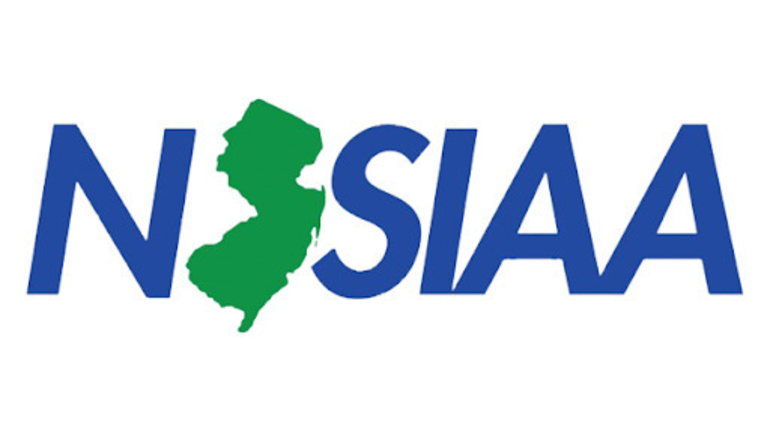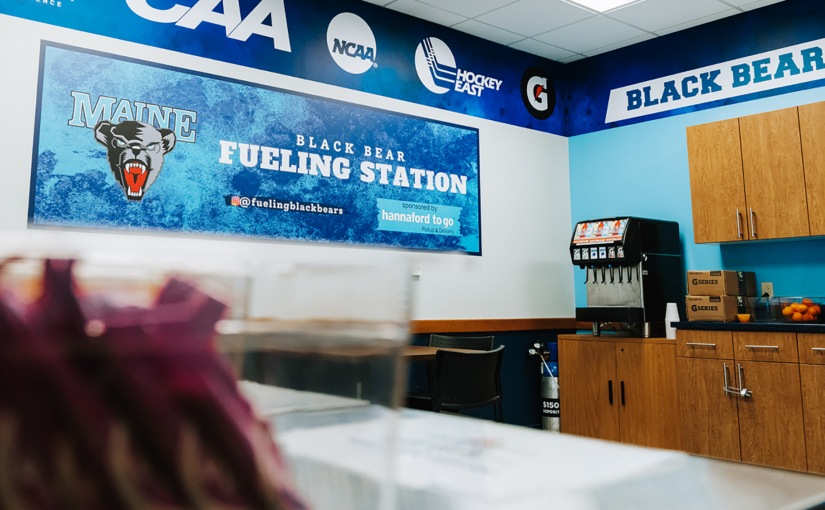How athletic directors can act when delegation isn’t possible
For better time management and efficiency, management experts often mention delegating as a viable option, and it’s a good one.
In Maryland, however, athletic directors at public high schools don’t have secretaries, and only one of the 24 counties have assistants. The question really becomes: To whom can you delegate?
 In addition, coaches also don’t represent a good possibility for delegating. After all, they teach or work during the day and certainly have their own set of tasks, duties and responsibilities. It really isn’t feasible as an athletic director to be able to delegate to this group of individuals.
In addition, coaches also don’t represent a good possibility for delegating. After all, they teach or work during the day and certainly have their own set of tasks, duties and responsibilities. It really isn’t feasible as an athletic director to be able to delegate to this group of individuals.
Some athletic directors around the country may have a student-aid, who they can use to help with photocopying, filing or delivering messages and materials to in-house coaches and teachers. But this approach may not be possible in all regions. In Baltimore County, many principals don’t allow students to serve as aids, because the belief is that these students should be in a class learning something.
Furthermore, only a small handful of athletic directors in Baltimore County have a system or access to game managers. This means that if there is a revenue-producing contest, the athletic director is in attendance. There’s no one else available to periodically monitor a game.
When you consider these examples of limited or non-existing personnel, it raises a great question: How can you delegate if you don’t have a secretary, assistant, game manager or student-aid? Creative thinking and borrowing ideas from fellow athletic directors may be your only salvation.
You might want to consider one or more of the following possible solutions.
When delegating isn’t possible
1. Find part-time help. If your revenue fund is sufficiently large enough, pay an individual (former coach, retired secretary, stay-at-home mom) with these funds through your payroll system to take care of office tasks. These duties could include photocopying, filing contracts, confirming transportation for the day, processing vouchers for officials and other tasks involving paperwork.
It is, however, important that you get permission from your principal or superintendent to undertake this step. Since this stipend normally is not covered under the negotiated coaching or teaching contracts, your supervisors approval makes good management sense to avoid potential problems.
2. In-house coaches. Recruit and train one or two out-of-season coaches as game managers. As a coach, this person is ideal because he or she already should be familiar with many of the responsibilities, knows your facilities, and probably also knows many of the students and parents. By providing written step-by-step directions and answering questions prior to the first contest, it’s easy to prepare a coach as a game manager. Their payment follows the same approach as with your part-time office manager.
3. Identify student aids. Utilize student aids if it’s possible in your school. These young people can easily be trained, provided this is permissible in your setting to photocopy materials. Also, utilize them to deliver messages, and essential paperwork and supplies to in-house coaches and teachers.

4. Find field help. If you don’t have a grounds crew, student assistants are valuable commodities to help to line and prepare fields for games. Obviously, they need to be supervised, but the extra hands help complete the tasks quicker so that more time is available for other responsibilities.
5. Get coaches involved. Remind your coaches of their responsibilities at preseason staff meetings and in periodic emails. Often, an athletic director undertakes some of the details that fall under the coach’s job description with the intent to help this individual. This is just part of the helping nature of many athletic directors, but it also eats up valuable time needed for their own responsibilities.
Simply making sure that coaches meet their own expectations is an easy solution for creating more time for an athletic director to tackle his or her responsibilities.
6. Consider technology. Analyze all of the responsibilities involved in your position and take a look at your weekly and monthly schedules to determine if any additional, or new, technology and equipment might help you do your job in a quicker and more efficient manner. By spending a little money, you might gain additional time.
7. Decline other responsibilities. Learn to say no to requests for help or favors if they aren’t mandated or required responsibilities. More tasks and duties are constantly added to an athletic administrator’s plate and rarely is anything removed. It’s incumbent, therefore, to realistically determine if you can afford to do anything additional if it’s not absolutely necessary as listed in your job description, state regulations or other regulatory requirements.
8. Cash-in favors. Contact individuals who have asked you for favors to see if they can return the favor when you are in a bind and need help. You do not have to keep a strict, restrictive ledger and seek reimbursement every time that you help someone, but also don’t be afraid to ask for help from those who have benefited from your assistance in the past.
9. Ask alumni. Approach your alumni and ask for their help. Since most former players enjoyed their playing days, gained a great deal as a member of a team, and are grateful for their experience, they represent an important group to approach. Alumni help with fundraising is extremely beneficial due to their natural networking capacity, and this eases the time demands necessary by an athletic director in this vital aspect of management.
10. Involve the boosters. Provided you have a good working relationship with your booster club, reach out and use them as volunteers. While raising additional money is usually the most obvious consideration of a booster club, individual members serving as ticket sellers, producing programs and providing some maintenance items — painting, cutting grass or lining fields — can be invaluable.
“Hey, can you please help?” This may be all that it takes to get necessary assistance and to fill in the gaps for all of the tasks that have to be done in your athletic program.
David Hoch, CMAA, has 16 years of experience as a high school athletic director and served for 12 years as the executive director of the Maryland State Coaches Association. In 2000, he was named Athletic Director of the Year by the Maryland State Athletic Directors Association.





